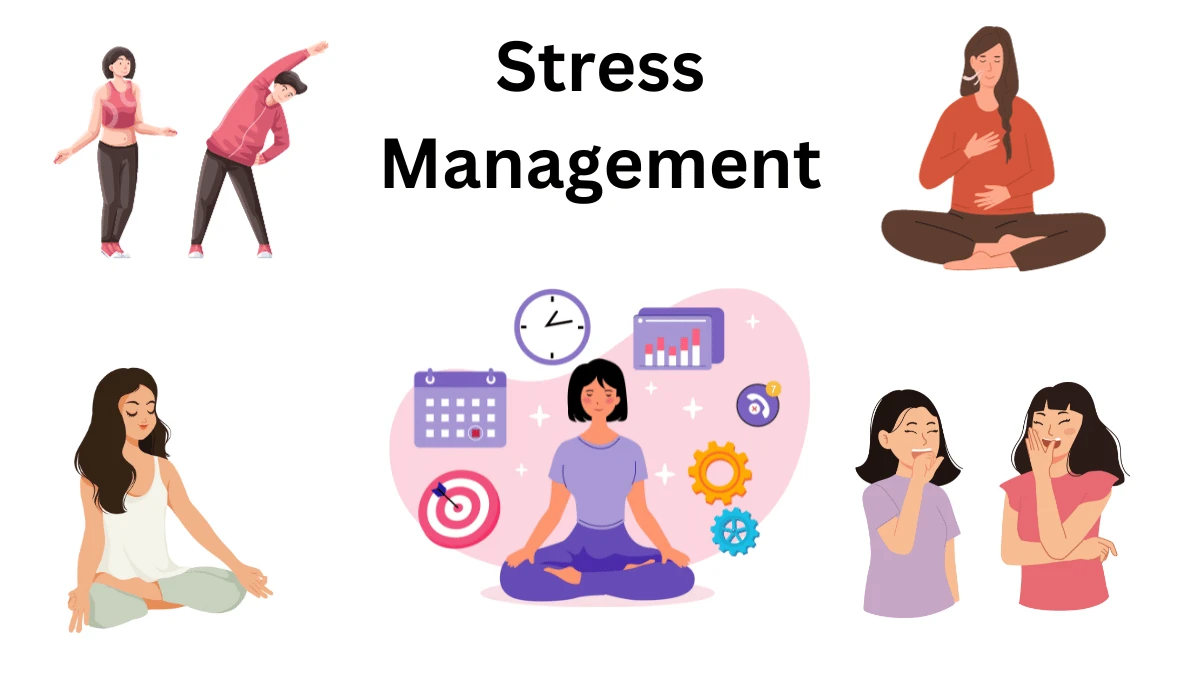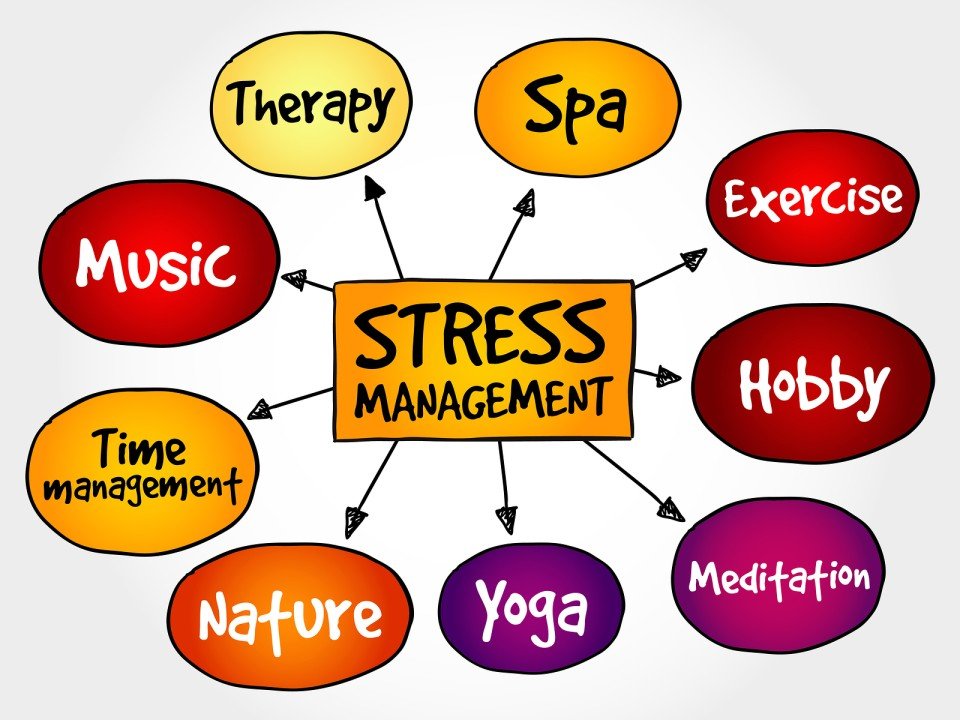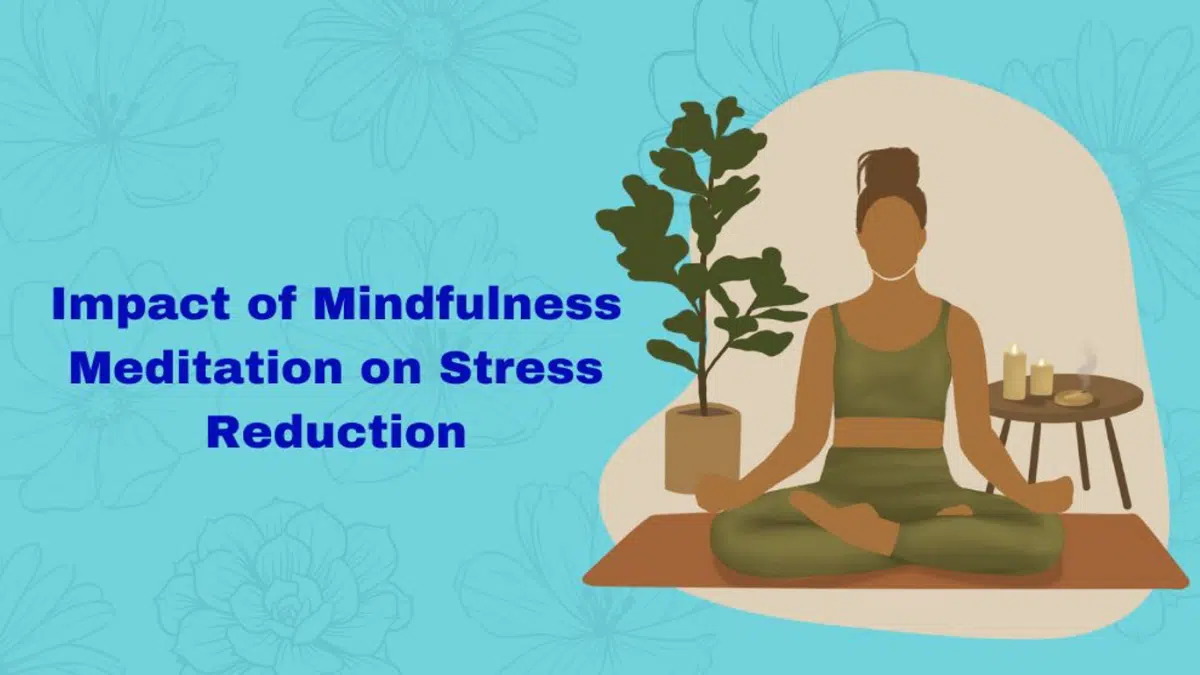Introduction: The Importance of Time Management
Time management plays a crucial role in reducing stress and increasing productivity. Effective time management allows individuals to prioritize tasks, set achievable goals, and create a structured routine. This article outlines practical time management strategies to help you reduce stress and lead a more balanced life.
1. Prioritize Your Tasks
Understanding which tasks are most important is key to effective time management. Start by creating a to-do list and categorizing tasks based on their urgency and importance.
- Use the Eisenhower Matrix: Divide your tasks into four categories:
- Urgent and important
- Important but not urgent
- Urgent but not important
- Neither urgent nor important
Focusing on high-priority tasks helps you allocate your time efficiently and reduces feelings of overwhelm.
2. Set SMART Goals
Setting SMART (Specific, Measurable, Achievable, Relevant, Time-bound) goals helps provide clarity and direction. Break larger tasks into smaller, manageable goals to make progress more attainable.
- Specific: Define exactly what you want to achieve.
- Measurable: Determine how you will measure success.
- Achievable: Set realistic goals considering your resources and constraints.
- Relevant: Ensure your goals align with your overall objectives.
- Time-bound: Assign a deadline for completion.
3. Create a Daily Schedule
Developing a daily schedule helps you visualize your tasks and allocate time effectively. Use planners or digital tools to organize your day.
- Block Time for Tasks: Allocate specific time blocks for different tasks, ensuring you focus on one task at a time. This method enhances concentration and productivity.
- Include Breaks: Schedule short breaks to recharge and prevent burnout. Taking breaks improves focus and creativity.
4. Limit Distractions
Distractions can derail your productivity and increase stress levels. Identify common distractions and implement strategies to minimize them.
- Create a Distraction-Free Environment: Organize your workspace and remove clutter. Turn off notifications on your devices during focused work periods.
- Set Boundaries: Communicate your availability to others, letting them know when you are focusing on important tasks.

5. Learn to Say No
Overcommitting can lead to stress and burnout. Learn to say no to tasks and commitments that do not align with your priorities or goals. This practice helps you protect your time and focus on what truly matters.
6. Review and Reflect
Regularly reviewing your progress allows you to identify areas for improvement. Set aside time each week to reflect on your accomplishments and challenges.
- Assess Your Productivity: Analyze what worked well and what didn’t. Adjust your strategies based on your reflections.
- Celebrate Achievements: Acknowledge your accomplishments, no matter how small. Celebrating successes boosts motivation and reinforces positive habits.
7. Practice Self-Care
Incorporating self-care into your time management strategy is essential for maintaining well-being. Make time for activities that promote relaxation and rejuvenation.
- Exercise Regularly: Physical activity reduces stress and improves mood. Aim for at least 30 minutes of exercise most days.
- Prioritize Sleep: Ensure you get adequate sleep to enhance focus and energy levels. Establish a bedtime routine that promotes restful sleep.
- Engage in Hobbies: Spend time on hobbies that bring you joy. Engaging in enjoyable activities helps alleviate stress.
Conclusion: Embracing Time Management for Stress Reduction
Effective time management strategies can significantly reduce stress and enhance your overall quality of life. By prioritizing tasks, setting clear goals, and creating a structured routine, you can take control of your time and minimize feelings of overwhelm. Remember that implementing these strategies is a gradual process; be patient with yourself as you develop new habits. Embrace time management as a tool for stress reduction, and enjoy a more balanced and fulfilling life.




